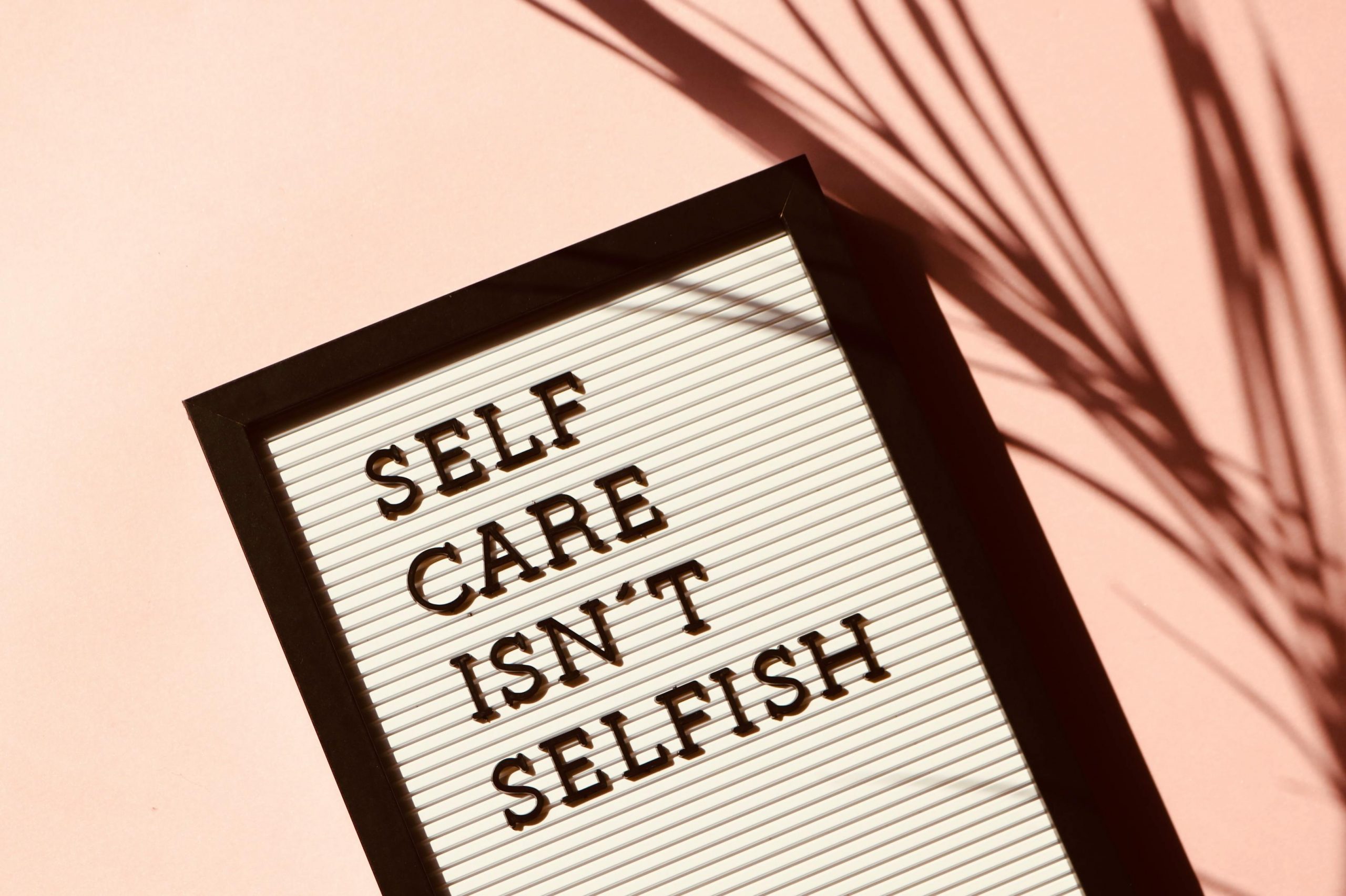While the word ‘sustainability’ may conjure images of trees, recycling, and turning off the lights, there are aspects of equal importance that extend beyond the climate. One of these aspects is social sustainability, which is pretty much exactly what it sounds like; instead of just focusing on ensuring communities and buildings are environmentally sustainable, social sustainability ensures that they are inclusive and diverse, healthy, and safe for everyone. It’s not a surprise, then, that mental health is a cornerstone of social sustainability, especially at university. Creating a community where all students have the opportunity to thrive, both academically and personally, is crucial.
There’s a load of research that supports the relationship between good mental health and heightened academic and social success, which makes sense! When our mental health is prioritised, we’re all better equipped to contribute socially, participate in activities on and off campus, and manage the stress that university and academic work can bring. What’s more, when we feel good about ourselves, we can find joy even in stressful times, and engage meaningfully in our studies and with our friends.
As we progress into September, and further towards the start of classes, it’s easy to feel overwhelmed and apprehensive about the academic year, especially if it’s your first! I was 11 when I first got the ‘September Scaries’, and I’d be lying if I said I don’t still experience them now. But regardless of whether you’re a new or a returning student, maintaining and prioritising your mental health, especially as we move into winter, is always beneficial.
In light of this, below are some tips for managing your own wellbeing, and supporting your peers.

Tips for better personal wellbeing:
- Prioritise Self-Care: University life can be overwhelming! Even if academic pressures such as assessments and modules are removed from the equation, social obligations and extracurricular activities can stack up and eat away at your time. Make sure you carve out some space for yourself within the week to protect self-care practices. These are different for everyone, but they can be things like getting enough sleep, making sure to eat what and where you can, and maintaining hobbies that bring you joy (or finding new ones!).
- Manage Your Stress Effectively: Developing strategies to manage stress is essential. Much like self-care, these can be different for everyone, but some examples include things such as mindfulness meditation, yoga, or deep-breathing exercises. Time management also falls under this category, with ensuring you’re balancing your workload, social life, and personal time. Further, understanding your stress triggers and learning how to cope with them can prevent burnout, improve your overall mental health, and help you manage your workload.
- Seek Help When Needed: Recognising when you need help is the most important thing. The university has several places you can reach out to if you need support, both with your studies and in your personal life. People like your Personal Academic Tutor, lecturers and module leads are a great place to start if you need a hand with your studies. Further, the Chapel, Student Support & Wellbeing, and the Student Union are all places you can go for support with your mental health, or in personal matters, whether they’re related to your studies or not.
- Set Realistic Goals: While everybody wants to do their best, academic and personal goals should be challenging but also achievable. Setting unrealistic expectations leads to unnecessary stress and anxiety, especially over longer periods of time. Be sure to break up large tasks into smaller, manageable steps, and make sure you take time to reflect on how far you’ve come, not just on where you want to go.
- Stay Connected: Building and maintaining strong social connections is essential for mental well-being. Make an effort to stay connected with friends, family, and peers, and participate in campus activities that interest you. There are a variety of societies and clubs you’re able to join, and you can find a full list of what’s available on the CCCU website, and, here at the SGO, we’re often hosting events where you can get out and meet other students!

Tips on Supporting Your Peers:
- Be an Active Listener: Often, the best support we can give to friends or peers is to just sit and listen. It can be tempting to try and offer solutions or help them fix a problem, but providing a non-judgemental ear while they vent and express what they’re feeling can be far more helpful. If it seems like they might want help or advice, and you’re in a place where you feel comfortable giving it, ask what you can do or if they need anything.
- Promote Mental Health Awareness: Mental health can often come with certain misconceptions and stigmas, which can make reaching out or talking about issues really hard. By engaging with, or even initiating, mental health awareness campaigns, whether that’s events hosted here on campus, or on social media, you’re contributing towards destigmatising mental health issues, and encouraging others to do the same.
- Encourage Professional Help: Very few of us are experts on mental health, and it’s okay not to know everything! By pointing peers to professional services, such as Student Wellbeing, the Chaplaincy, or the Disability and Mental Health Support team, you’re providing peers with resources and people who are able and qualified to help with any problems they may be experiencing.
- Help Create Inclusive Spaces: University should be a place where everybody feels like they belong, and at Christ Church it’s no different. It’s so important, in fact, that compassion, inclusivity, and collaboration are three out of eight key points outlined under our Vision 2030 scheme. By doing our best to ensure that everyone, regardless of background, gender, sexuality, age, or any other characteristic feels welcome, valued, and respected, both within our friend groups and on a larger, campus-wide scale, we can maintain and contribute towards a socially sustainable campus.
- Be Mindful of Your Impact: Words and actions often have significant impact both on ourselves and on other people. By practising empathy and remaining non-judgemental, we can ensure that we don’t accidentally put other people down, or negatively impact others’ mental health.
Supporting mental health is a key part of maintaining a compassionate and inclusive campus. By taking care of our own well-being needs and supporting our peers where we feel comfortable and able to, we can all contribute to a supportive and socially sustainable university environment. Remember to take a look at the resources linked in this article, and familiarise yourself with the various support the university offers!
- Helping adolescents to feel competent and purposeful – not just happy – may improve grades, University of Cambridge
- The link between pupil health and wellbeing and attainment, Public Health England
- Mental Health Associations with Academic Performance and Education Behaviors in Canadian Secondary School Students, Canadian Journal of School Psychology
By Holly Steventon, SGO Project Officer
 Sustainability
Sustainability Bethany Climpson
Bethany Climpson 978
978


